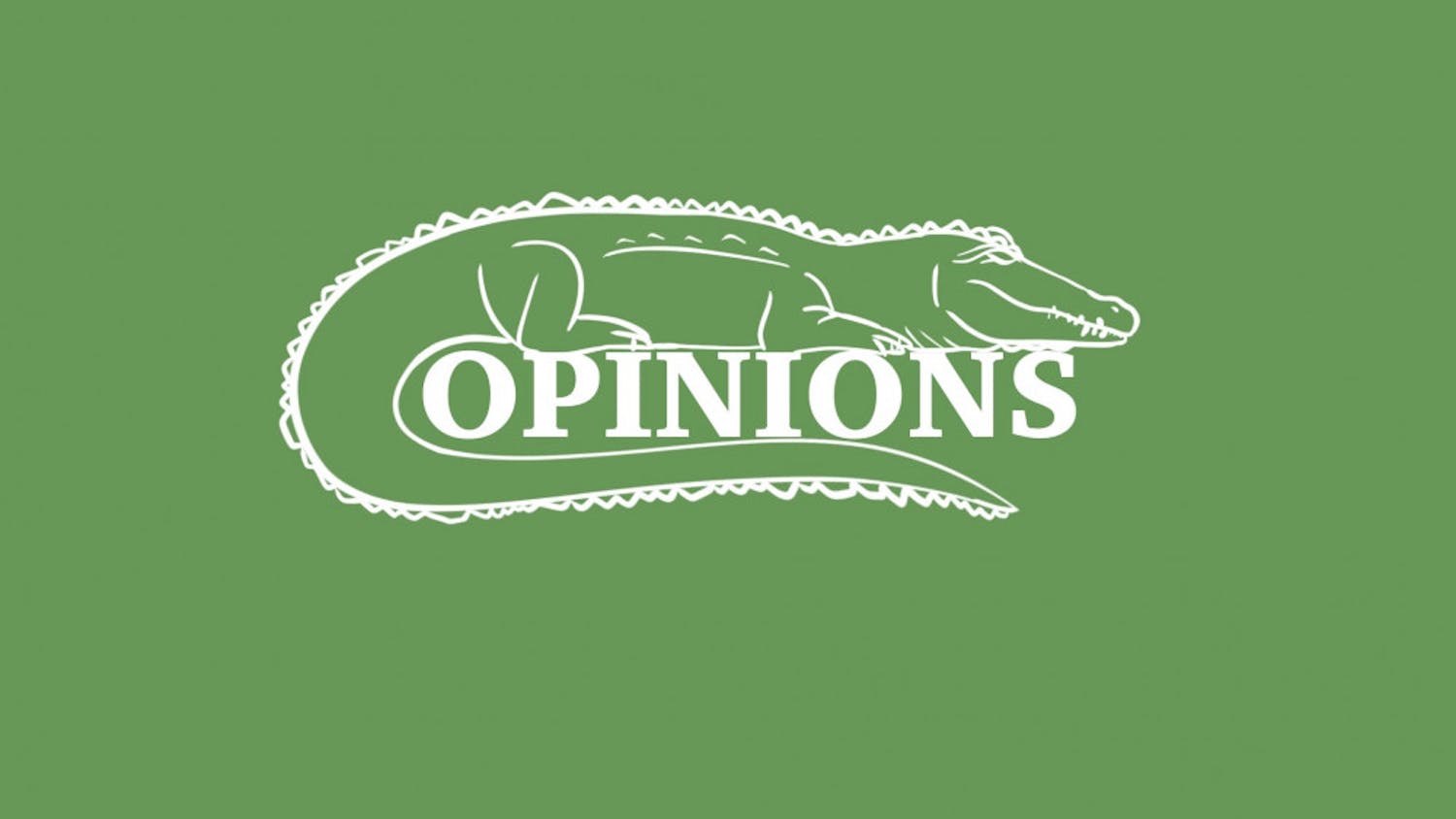It seems that there are many people out there ill-informed about the Cuban embargo. The first false assumption people make is that the U.S. initiated the embargo because Cuba became a communist country. The truth is that the U.S. enacted the embargo because when the Castro regime took power in 1959, it expropriated all of the properties of the U.S., including that of American citizens and corporations. Castro enriched his regime with the millions of dollars he stole from the U.S. and has never paid the money back.
The U.S. has tried numerous times to broker a deal with the Castro regime to lift the embargo, but he has outright rejected any negotiations. Former President Jimmy Carter traveled to the University of Havana in 2002 and called for an end to the embargo. He offered the Castro regime a chance to repay the U.S. for the properties it had seized in a timely manner in return for a lifting of the embargo, but Castro turned down this opportunity.
Many people are also misled by those who argue that U.S. citizens are allowed to travel to other communist states like China. The difference, though, is that China made a settlement with the U.S. in 1979 over confiscated American property. Since Castro refuses to repay Americans, why should the U.S. lift an embargo without compensation for its losses?
Others argue that 50 years have passed and the communist regime still stands strong; thus, the embargo has not actually caused any harm to Castro. Yet, until 1989, Cuba’s economy was maintained by the Soviet Union, which provided $4.5 billion in subsidies every year. Since then, Cuba’s economy has shrunken by more than half.
While the regime blames the U.S. for the misery of the Cuban people, the truth is that it was caused by the regimes ruinous economic policies. Castro’s command economy severely restricts Cuban citizens’ rights to own a private enterprise, and at the national level, productivity has fallen dramatically with two-thirds of the industrial facilities shut down. While the average citizen does not have a full plate of food, all of the government officials live lavish lifestyles and exploit the country’s wealth.
You may very well ask yourself, why do I care if U.S. citizens and corporations lost millions of dollars decades ago? That’s not my problem; I want to go smoke a Cuban cigar in the sunny beaches of the Caribbean island.
Just remember that as a tourist you will be enriching a regime that beats, jails and sentences to death anyone who expresses his or her thoughts freely. While you are drinking your piña colada and enjoying the ocean breeze or just walking through Havana to see how life is there, you will be supporting one of the worst regimes in the world through the money you spend. And along with the corruption, you will support the endless human rights violations that take place in Cuba.
In March of 2003, the government imprisoned 75 dissidents, including journalists, librarians, human rights activists and democracy activists. Just last week, Yoani Sanchez, a Cuban blogger who is censored by the government, was viciously attacked and beaten by state security agents for her writings of the reality of Cuba and not the pretty picture that the regime paints for the world. At least 13,000 Cuban citizens have been executed since 1959, and more than 100,000 have been jailed for opposing the Castro regime, including at least 28,000 still in prison today, according to the Heritage Foundation.
So if after all of this you still decide that the best thing for Americans and Cubans is to lift the embargo and support the wishes of the Castro regime, then it is your decision.
Dayme Sanchez is a UF economics and political science student.





